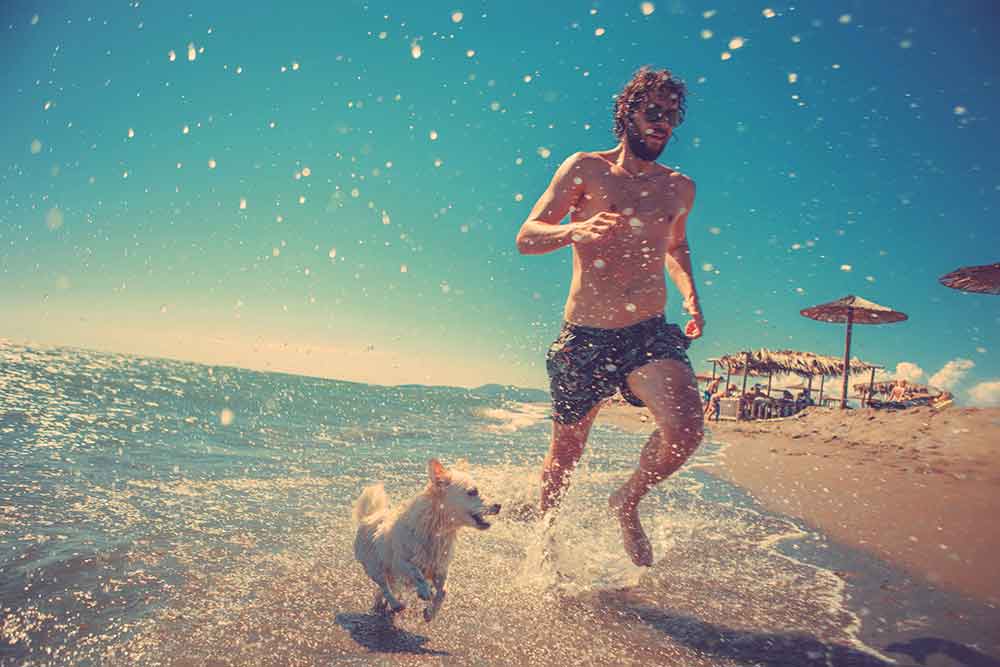Staying Sober on Vacation

Being prepared for possible temptations is an important part of outwitting them. Every trip requires a ton of planning anyway, so add “ways to enjoy myself while staying sober” to your checklists.
TELL YOUR SUPPORT NETWORK
Sharing upcoming challenges is part of every support-group meeting: let them know about your travel plans. Keep your emergency-support partners on call. If you’ll be away more than a week, look up support-organization chapters in the area you’re visiting (or consider online-meeting options).
Talk with your therapist or sponsor about any special concerns you have, and review your sobriety plan in detail. Make sure everyone who’ll be traveling with you (and everyone you’ll be visiting during the trip) is up to date on your needs and triggers.
GO WITH SOMEONE
Traveling alone is risky with addiction issues: boredom and “no one will know” temptations are at their worst. If you keep a one-person household, perhaps you can share a vacation with a friend or coworker.
If you must go alone, consider taking a bus rather than driving or flying (airlines offer alcoholic drinks to passengers). Arrange to check in with a support partner daily, and take along an audiobook or something else to keep your mind busy. Plan a full schedule for your destination—and look for chances to make friends with fellow vacationers who are enjoying themselves in sober, healthy ways.
KNOW WHERE YOU’LL BE STAYING AND STOPPING
If you’re making advance lodging reservations, look for a place without bars onsite or within walking distance. You can often get that information from your support network and/or from a good look at the website for the place you’re considering—if not, don’t hesitate to ask directly.
When traveling by car, be careful about gas-station convenience stores: they tend to have prominent beer displays. If you really need a restroom or a snack, look for a full grocery store or at least a place large enough to stock more than the bare basics—they won’t be completely alcohol-free, but at least all their aisles won’t lead past the wine bottles.
While in the grocery store, consider buying enough food to keep you out of restaurants that may serve alcohol (this is good for your budget too). When you do eat out, delis, fast-food places and family-style restaurants are the safest bets. Or your favorite alcohol-free restaurants may have local franchises.
KEEP UP PHYSICAL AND SPIRITUAL HEALTH PRACTICES
Wherever you eat, remember that “caffeine jitters” and “sugar highs” lower resistance to relapse—and that “let yourself go” temptations apply to non-addictive consuming. Try not to drink more coffee or eat more dessert (or more of anything) than you would at home. Have daily meals and snacks at the usual times, and include complex carbohydrates and lean protein in every meal.
Sleep deprivation lowers resistance, too, so don’t stay up all night. It can be harder to fall asleep in a strange venue—especially in the excitement of a vacation—so keep up the bedtime rituals that help you sleep at home. If you’re in a new time zone, go to bed the first night at whatever time matches your bedtime hour at home: you can acclimate to local time the next day, after you’re rested from the trip.
Stay active: walk wherever you can and exercise at your usual times.
Difficult as it is in a world of 24/7 communications with a TV in every lobby, consider not checking the news or your e-mail for the duration of the trip. The world—and even your employer—can survive without you for a few days.
Although idleness can lead to relapse, you do need breaks: don’t go nonstop or cram every possible activity into the schedule. (Better to miss a few major attractions completely than to as-good-as-miss them all by dashing through.) Consider setting aside one day, mid-trip, to just rest, take in a scenic view and meditate.
And finally—don’t worry obsessively about getting all the above “right.” You’ll have the best time when you’re responsible and relaxed!

